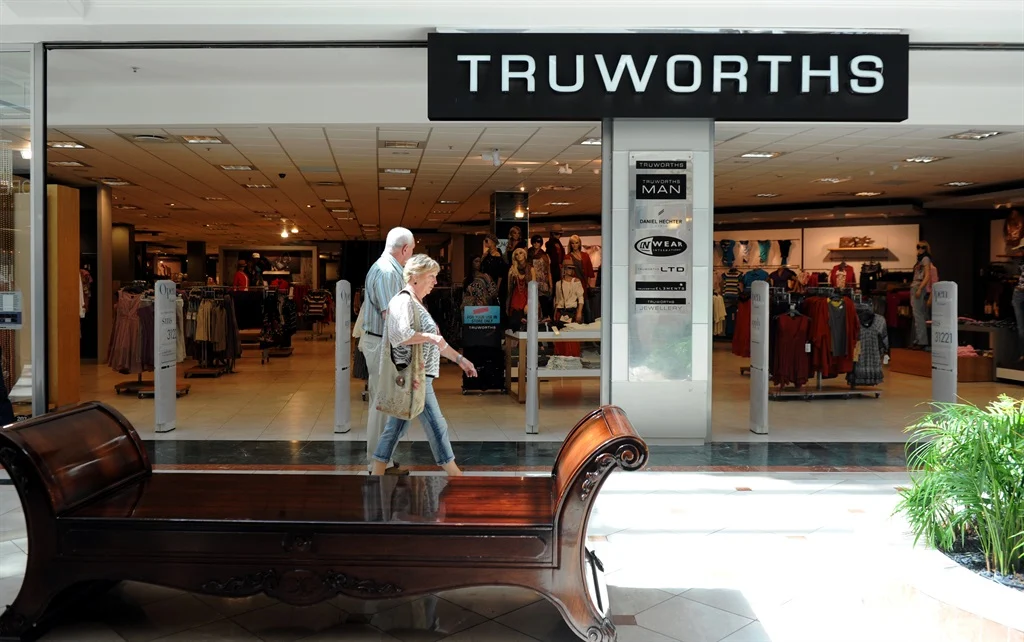Zimbabwe: Truworths Enters Corporate Rescue

Clothing retail giant Truworths and all its subsidiaries have been placed under corporate rescue, a local form of bankruptcy protection.
Crowne Advisory, appointed as Corporate Rescue Practitioners (CRP), has initiated the proceedings under Section 122 of the Insolvency Act.
The legal provision allows a company's board to voluntarily enter corporate rescue if it faces financial distress and believes there is a reasonable chance of recovery.
In a notice, Crowne announced that the first creditors' meeting will be held on August 28, 2024.
The meeting's agenda includes an overview of the corporate rescue proceedings, a statement from the Master of the High Court regarding the reasonable prospects of rescuing the company, the submission of proof of claims, and the appointment of the creditors' committee.
The company will remain listed on the Zimbabwe Stock Exchange (ZSE) under voluntary suspension until exit from the corporate rescue.
Truworths voluntarily sought suspension of its shares from trading on the ZSE in March this year to provide the company with the opportunity to address the going concern aspects of the business and ensure compliance with listing requirements regarding the publication of audited financial statements for the period ending July 9, 2023.
The temporary suspension was aimed at giving Truworths the necessary time to rectify any concerns and meet the regulatory obligations stipulated by the ZSE.
The ZSE requested Truworths to provide a roadmap on how the company plans to resolve the challenges they currently face.
Truworths, once a dominant force in Zimbabwe's high-end clothing retail sector, has fallen victim to a shifting market landscape.
Smaller, often informal shops have outmanoeuvred larger retailers through lower operational costs and a more agile approach to business.
The increased competition pressure has forced many large retail shops to close and this trend is mirrored across Harare's CBD, as property owners increasingly favour the lower-risk model of multiple smaller tenants over larger ones.
The influx of cheaper imports, primarily from Asian countries, has dealt a significant blow to local clothing retailers.
These imported goods, often produced at a fraction of the cost due to lower labour and material expenses, have flooded the market, undercutting the prices of domestically produced garments.
This has eroded profit margins for local retailers, making it increasingly difficult to compete.
Simultaneously, the proliferation of second-hand clothing, commonly referred to as "mabhero" has further exacerbated the challenges faced by formal retailers.
The used clothes, imported in bulk and sold at rock-bottom prices, have captured a substantial portion of the market, particularly among lower-income consumers. The affordability and variety offered by the second-hand market have made it a preferred choice for many, further squeezing the market share of traditional retailers.
The combined impact of cheap imports and second-hand clothing has led to a decline in sales, reduced profitability, and, in some cases, the closure of clothing stores.
JSE-listed Truworths International has a 34 percent stake in Truworth Zimbabwe. It said the Zimbabwe-listed entity is an entirely different legal entity separate from the South Africa incorporated Truworths International and Truworths Limited.
It further stated that the 34 percent investment it has in Truworths Zimbabwe, held since 2002, had been acquired at a non-material cost and had been fully impaired by the group in prior years.
The group had not made any financial assistance, whether in the form of loans, guarantees or otherwise, to Truworths Zimbabwe while it also did not have any operational involvement in the Harare listed company.
To return to sustainable profitability, Truworths Zimbabwe needed "to offer credit in a stable currency and access long-term funding at affordable interest rates," the Johannesburg listed firm said.

